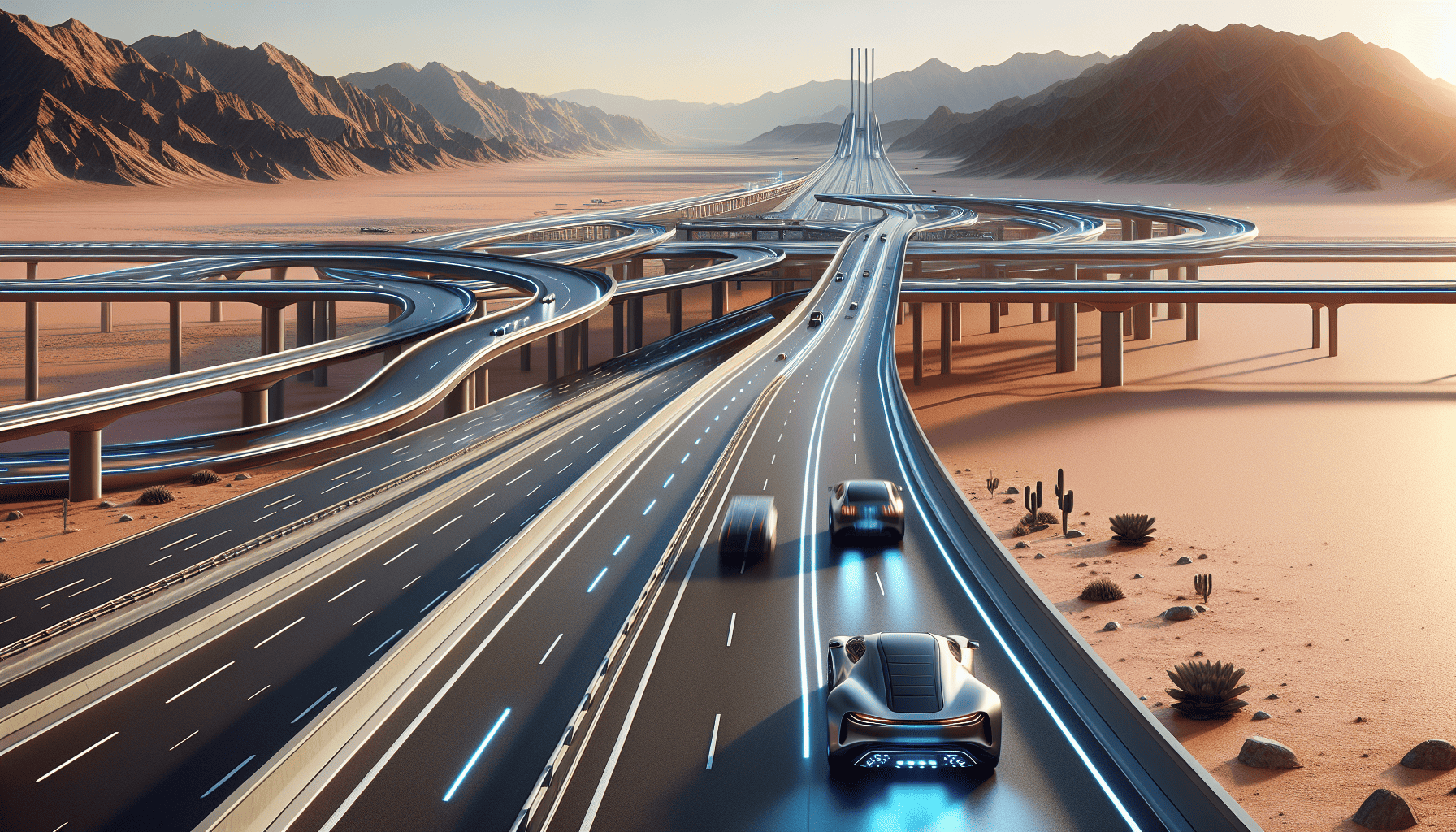The United Arab Emirates (UAE) has long been known for its rapid development and futuristic urban landscapes. As the nation continues to evolve, so too does its infrastructure, with innovative road plans playing a pivotal role in shaping the future of its connectivity and efficiency. These transformative road projects are set to redefine transportation, enhance mobility, and contribute to the UAE’s vision of becoming a global hub for trade, tourism, and innovation.
In recent years, the UAE has embarked on several ambitious road projects aimed at improving the country's infrastructure. One of the key initiatives is the development of smart roads, which integrate cutting-edge technologies designed to enhance traffic management and safety. These roads are equipped with sensors and cameras that monitor traffic flow, detect accidents, and provide real-time data to authorities, enabling faster response times and more efficient management of road networks.
Another significant project is the expansion of the Sheikh Zayed Road, the iconic highway that connects Dubai to Abu Dhabi. This expansion not only aims to increase the road's capacity to accommodate the growing number of vehicles but also incorporates dedicated lanes for public transportation, such as buses and carpooling, to encourage sustainable travel options among commuters.
The UAE is also investing heavily in creating a seamless multimodal transport network. By integrating road networks with other modes of transportation, such as the metro, trams, and waterways, the country aims to reduce congestion and promote more environmentally friendly forms of travel. This integrated approach is designed to offer residents and visitors a more efficient and convenient way to navigate the emirates, ultimately leading to a reduction in travel times and a decrease in carbon emissions.
One of the most groundbreaking concepts being explored is the deployment of autonomous vehicles on public roads. The UAE is testing driverless cars and buses as part of its commitment to innovation in transportation. By harnessing artificial intelligence and advanced sensors, these autonomous vehicles promise to increase road safety, as they are capable of predicting and reacting to road conditions more effectively than human drivers. Furthermore, autonomous vehicles could transform public transport by providing on-demand, efficient, and cost-effective services.
In addition to these high-tech advancements, the UAE is committed to fostering sustainable transport. The construction of pedestrian-friendly infrastructures, such as cycling tracks and walkways, is being prioritized to encourage residents to adopt healthier lifestyles while reducing reliance on cars. Projects like Dubai's Walkability Strategy aim to convert more urban areas into pedestrian-friendly zones, thus enhancing public spaces and promoting a sense of community.
The focus on sustainability is further reflected in the UAE's investment in electric vehicle charging stations. As part of its efforts to encourage the adoption of electric cars, the UAE is developing an extensive network of charging points across its highways and urban centers. This initiative not only supports the growth of the electric vehicle market but also aligns with the country's broader environmental goals.
Through these innovative road plans, the UAE is setting a benchmark in modern transportation infrastructure. By prioritizing efficiency, connectivity, and sustainability, the nation is enhancing the quality of life for its residents and ensuring its place on the global stage as a leader in infrastructure development. As these projects come to fruition, they will serve as a testament to the UAE’s forward-thinking approach and its dedication to creating a smarter and more connected future.
